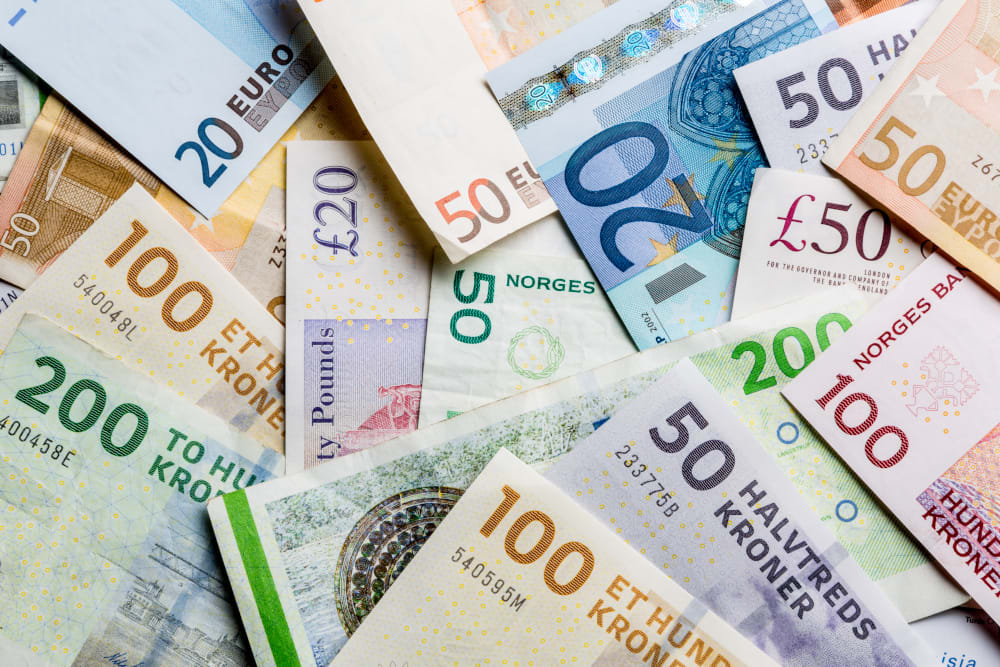Give me more: Investors eye more mega blocks like LSEG to deploy capital
Large liquid blocks have become one of the hottest themes in European ECM since the start of last year. The latest GBP 1.4bn (USD 1.8bn) trade in London Stock Exchange Group [LON:LSEG] was no different, with huge levels of demand from investors hungry for exposure.
Despite the size of the LSEG sell-down by a consortium of investors including Blackstone, Thompson Reuters, GIC and Canada Pension Plan Investment Board (CPPIB), investors were expecting more.
The deal was priced at a tight discount of 0.69% to the close which, given the stake sale size of just over 3% of the company, meant the trade was priced with a Dealogic Price of Liquidity (PoL) ratio of just -0.22x the size of stake sold. Any trade with a PoL ratio of under -1x is a cheap one for the seller, but to get so close to market price on such a large deal is almost unheard of and shows the breadth of demand for LSEG stock.
“LSEG was a smaller deal size than people expected so the sellers were able to do a massive squeeze on price,” said one ECM investor.
A banker close to the LSEG block said that there were around 200 lines in the book, with a host of high-quality names. “It was an amazing register,” the banker said, adding that the top 20 investors in the LSEG deal took just over half the deal, when often concentration to the top 20 can be two thirds, or even three quarters of the whole book.
Chart note: European secondary sell-downs through follow-ons
“We normally concentrate allocations to protect ourselves, and the deal, but we didn’t need to do that here because of the quality and the number of long-onlies throughout the book including smaller niche ones further down,” he said.
The same banker added that some of Europe’s largest institutional investors have built positions in LSEG through the numerous sell-downs by the consortium in the last few years.
According to Dealogic’s UK Holding’s data, funds managed by institutional giants BlackRock, Vanguard, Capital Group and Fidelity, significantly increased their holdings in LSEG between August 2022 and November 2023, in concurrence with the sell-downs by the consortium through their York Holdings vehicle.
Sovereign wealth fund Norges also grew its shareholding by around 2.4m shares over the same period.
Blocks boom
While the London Stock Exchange sell-down was a well-expected block trade in a highly liquid, stock, people are taking the success of the deal as a sign that market sentiment in Europe is particularly strong.
“I do think people are engaging, I think a lot of the stuff about Europe being shut and America being the counter has proven to be nonsense,” said an ECM advisor. “I am still cautious, given risk appetite is generally quite low, but I can see a lot of positivity on things like the LSEG trade.
“When you see how tightly that came and the coverage it got, it shows people are very happy to show up for situations they know.”
Momentum breeds momentum; if investors are making money on blocks, they are likely to be better disposed to engage in other equity capital market transactions such as IPOs.
The tightness of the LSEG deal has not hindered the aftermarket with the stock up over 3% from the offer.
Also in the market last week was a EUR 1.4bn sell-down in Piraeus Financial Holdings [ATH:TPEIR] by the Hellenic Financial Stability Fund, also up from the offer price.
There is a busy pipeline of deals to come, with the banker close to the LSEG trade expecting a run of large secondary sell-downs in the next few weeks from a range of sellers, including sponsors, who have been waiting on the sidelines for some time to cut post-IPO stakes.
A second ECM banker confirmed he expects a post-earnings season “blocks boom.”
A second ECM investor said that there are market expectations of further large privatisation sell-downs in names like AIB Group [DUB:A5G] and Deutsche Telekom [ETR:DTE], as previously reported by this news service.
ECM Pulse has previously highlighted further sell-down opportunities in Greece’s NBG [ATH:ETE] and Italy’s Banca Monte dei Paschi [BIT:BMPS] .
According to Dealogic’s sponsor-secondary sell down predictive analytics there is a high probability of trades in Var Energi [OSLO:VAR], TeamViewer [ETR:TMV] and Allegro [WSE:ALE].
“I think we are seeing a replica of the big blocks season of last year. The sentiment is positive, and it is not a hard sell compared to the challenges faced by IPO candidates,” said an ECM lawyer.
The second investor added that there was an expectation that partners in Swedish private equity firm EQT [STO:EQT] would sell a large stake in the sponsor.
A smaller-than-expected USD 362.5m equivalent sell-down was priced last October, and EQT shares have soared since, leading to an expectation that a larger monetisation event is likely in the near term. The lock-up on the last deal expired in January.
EQT declined to comment.
Investors won’t be pushed
Despite demand being strong for secondary sell-downs, there are still limits to what investors are willing to tolerate from sellers.
Investors pointed to the example of the German State’s EUR 2.2bn sell-down in Deutsche Poste [ETR:DHL] through KfW as a sale that was less well received by the market.
Several bankers have noted over the past few weeks that the deal was a risk auction, where banks bid for the business at the best price for the seller. The deal also came just a few weeks before DHL released its full-year results.
“The DHL trade came just a few weeks ahead of numbers, at a very tight price, and we, therefore, didn’t participate in meaningful size because of that,” said the second investor, adding that DHL’s disappointing results at the start of March left a bad taste in investor’s mouths.
The shares are down over 11% from the offer price.
Unless a seller is undertaking a full exit, they will be left with a large holding after a large block. A bit of pricing pragmatism will more than likely protect the value of the rest of the stake.
Short-term pain, long-term gain.
KfW declined to comment.











